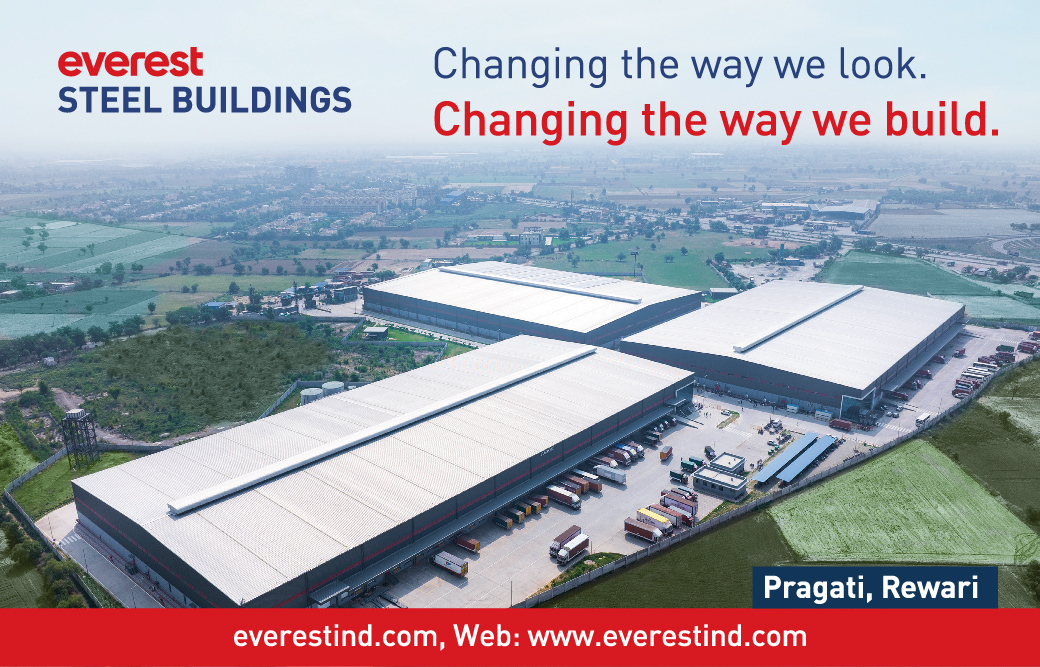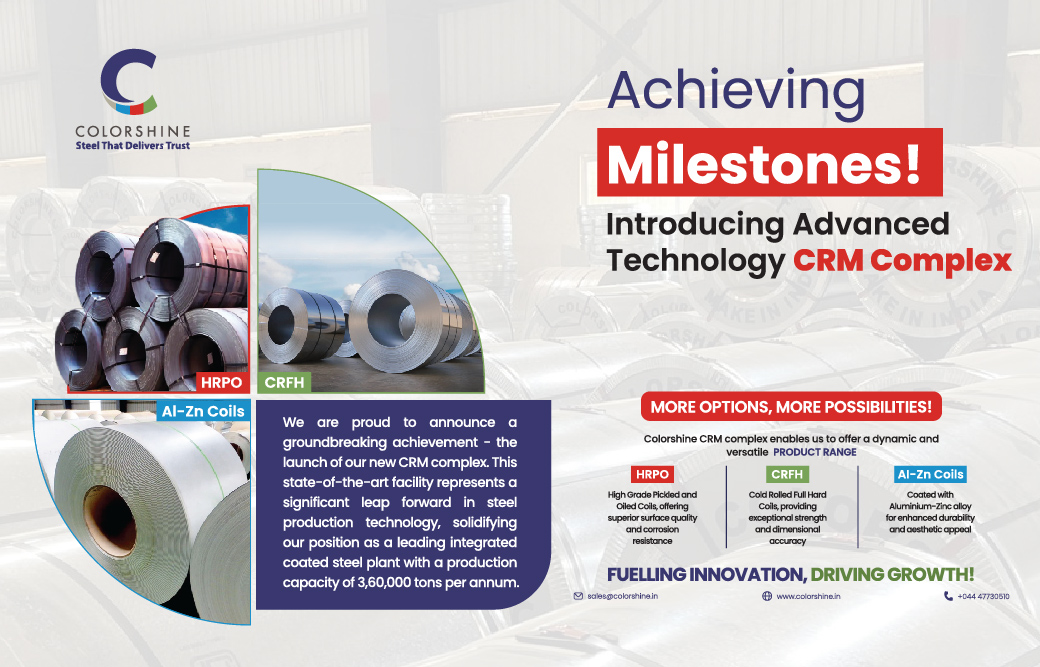Staying competitive usually hinges on minimising costs and maximising efficiency and productivity, irrespective of the area of a business. In industries dependent on variety of machinery and diversified operating conditions, many companies already apply total cost of ownership (TCO) evaluations as a measure of operational performance, knowing that reducing TCO over the equipment lifetime enables them to extract the best possible value from the asset.
Quite often, the cost-saving potential of effective lubrication is too often underestimated. Shell Lubricants is working with a TCO-driven approach with its team globally to address different challenges related to value over cost offerings.
“We work with our end customers and OEM partners very closely to achieve greater results, using the highest quality lubricants and expert solutions to sustain long-term savings and increase equipment value,” says Siva Kasturi, Asia Pacific Regional OEM Manager, Shell Lubricants.
Most of the end users and maintenance managers expect their equipment to perform more than a 100 per cent, sometimes loading their gearboxes and other critical machinery up to 130 per cent. With these kind of challenges, TCO can be defined as how well the end user can rely on their equipment and how well they can perform even in adverse conditions. Productivity and the costs of lost production resulting from equipment downtime is important for end user.
Owing to its technology, Shell’s products are designed to last longer than the standard industry requirement and perform even in the most adverse conditions.
“We ensure that our lubricants are not only meeting standard industry body specifications, but also exceeding the requirements of OEMs and their specifications. Lubricants can also help in reducing power consumption, changing the total cost of lubrication. Thus, the total cost of maintaining the specific equipment during a certain period and cost of energy saved from it, should be considered to determine the TCO,” according to Kasturi.
New in lubricants
Shell works with over 4,000 OEMs closely in various areas by giving them regular technology updates in terms of enhancing equipment reliability and optimising performance. It constantly updates OEMs of how lubricants can contribute to enhance reliability of their equipment and meet the most challenging operating conditions. There is certainly a significant amount of acceptance from OEMs in understanding the technology trends related to lubrication practices, trends, areas related to filtration, energy efficiency, cleanliness requirements etc.
Lubricant technology is always driven by changing needs and challenging demands of customers and OEMs owing to operating conditions.
“With growing challenge of improving lube for fuel ratio and lowering production cost, paring costs of operation and maintenance is a key requirement,” according to Kasturi.
Hence, there is more rapid adoption of leading-edge lubricants that provide energy efficiency, productivity benefits and lower TCO. The company invests heavily in R&D which has enabled the company to be the ‘first to market’ several lubricant innovations and value-added services.
“By working closely with major off-highway and construction equipment manufacturers, our lubricants specialists have developed a deep understanding of construction industry challenges,” Kasturi said.
In view of these trends and industry transformations, the need of the hour is to enhance customer experiences by incorporating new-age technologies in existing systems. In this light, the company has introduced LubeChat, an interactive, intuitive, and integrated digital platform designed to offer solutions to valued customers – distribution sales representatives, maintenance heads, and service engineers. It is an easy to use, AI-enabled chatbot that can deliver information on real-time basis based on providing a collaborative customer-centered service.
The platform optimises customer work efficiency and follows the philosophy of nurturing partnerships- that there is potential for lubrication to deliver significant enterprise value by helping abate TCO and improve equipment productivity. LubeChat is a testimony to the synergy of cutting-edge technology and expertise available at a single invaluable repository.
Digitisation is on its way to becoming an integral pillar for the world’s manufacturing industries to flourish on. Historically, a prospering manufacturing sector has always been the core of any thriving economy. Today, the digital economy is upending processes and rearranging markets, with 86 per cent of companies saying the pace of technology will increase “rapidly” or “at an unprecedented rate” in the next three years.
The Indian manufacturing sector too has undergone various phases of development over time and promises to be one of the high growth sectors in the near future. This course of development is based on digitalisation. Every level of manufacturing is being digitised, and now companies are beginning to evaluate the additional value they can gain from this development.
With growing challenge of improving lube for fuel ratio and lowering production cost, paring costs of operation and maintenance is a key requirement.
Siva Kasturi, Asia Pacific Regional OEM Manager, Shell Lubricants
Cookie Consent
We use cookies to personalize your experience. By continuing to visit this website you agree to our Terms & Conditions, Privacy Policy and Cookie Policy.















